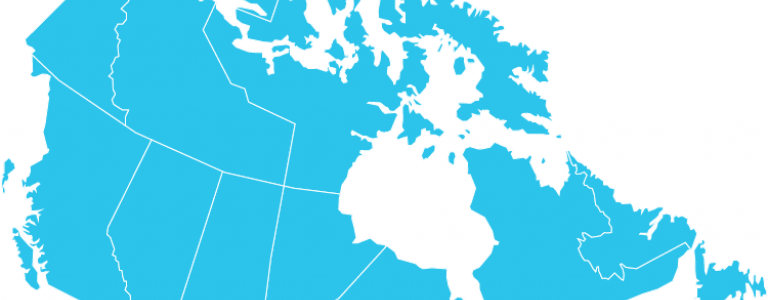Unpacking Canada's Fossil Fuel Subsidies
Oil, gas and coal are multi-billion-dollar industries, and every year fossil fuel companies get billions in tax breaks and handouts that increase their profits even further. This website was created to cut through the jargon, so you can understand what’s really happening, debate it, and propose solutions for Canadians and Canada’s economy.
Oil, gas and coal are multi-billion-dollar industries, and every year fossil fuel companies get billions in tax breaks and handouts that increase their profits even further.
In a world that’s shifting to clean energy, many of these subsidies don’t make sense, and they undermine climate change action. But taxes and subsidies are complicated. We designed this website to cut through the jargon, so you can understand what’s really happening, debate it, and propose solutions for Canadians and Canada’s economy.
Funded by
You might also be interested in
How Fossil Fuels Drive Inflation and Make Life Less Affordable for Canadians
New report takes closer look at how Canada’s dependence on fossil fuels impacts energy costs and prices of essentials such as transportation, home heating, and housing.
IISD Applauds Canada’s Reaffirmation to End Domestic Public Finance for Fossil Fuels in Budget 2024
Today's federal budget announcement delivers new measures to support affordability and reaffirms Canada’s commitments on climate action.
Increased Support Needed to Achieve India's Clean Energy Goals
India is on track to achieve many of its 2030 clean energy goals but needs to step up government support measures to accelerate the deployment of offshore wind, electric vehicles, and green hydrogen, according to a new report.
Ending Export Credits for Oil and Gas: How OECD countries can end 2024 with a climate win
For a year now, Organisation of Petroleum Exporting Countries (OECD) governments have been negotiating an agreement that could put an end to oil and gas export finance. Following the acrimony in Baku, this would be a very real way for the OECD to show policy coherence, respond to calls from the poorest countries to stop subsidizing fossil fuels, and shift public finance to solutions.
